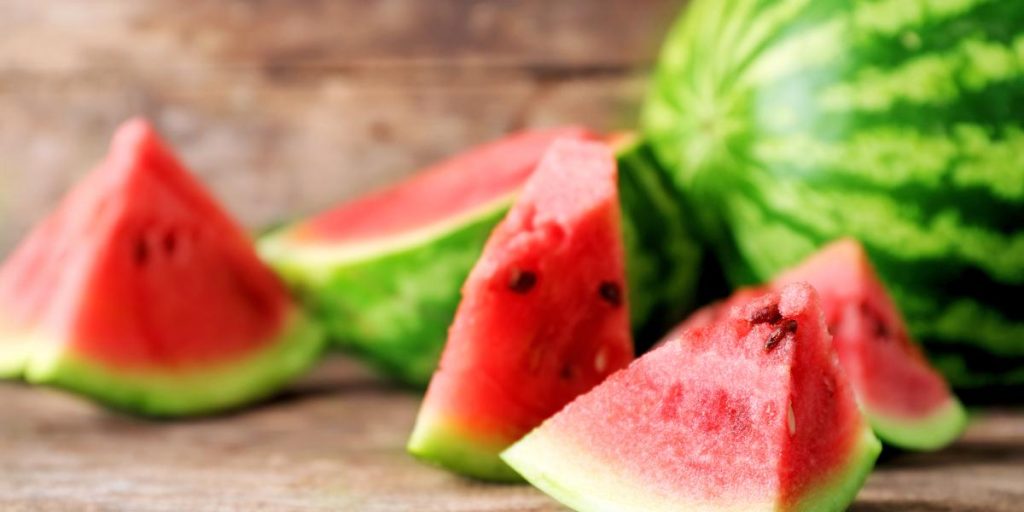What Happens to Your Body When You Frequently Consume Watermelon.
Others are reading now
Watermelon, a fruit known for its high water content, plays a crucial role in keeping the body hydrated, especially during the summer months.
Watermelon: A Delicious and Healthy Choice
Watermelon stands out as one of the most flavorful and healthful fruits available. It is rich in water and nutrients, low in calories, and contains minimal fat, making it an excellent option for those on a weight loss diet. However, the benefits of watermelon extend beyond just dieting. This fruit boasts diuretic, antioxidant, and anti-inflammatory properties, making its regular consumption highly beneficial for the body.
Explore the key health benefits of watermelon and how to incorporate this fruit into your diet in various ways.
Daily Benefits of Eating Watermelon: Hydration and Diuretic Power
Watermelon is among the fruits with the highest water content. Approximately 92% of its composition is liquid, making daily consumption an excellent way to keep the body hydrated. The fruit’s high water content also has a significant diuretic effect on the body, aiding in the prevention and treatment of water retention. This condition is characterized by the accumulation of fluid between the body’s tissue cells, causing swelling and a sensation of heaviness in the legs, feet, abdomen, and hands.
Also read
Contrary to what some might think, consuming water-rich foods like watermelon is the best way to reduce fluid retention. Watermelon is also a source of potassium, a mineral that lowers sodium levels in the body and stimulates urine production. These effects help eliminate water accumulation and alleviate swelling.
Watermelon’s diuretic properties also support the elimination of toxins in the body, keep the urine clean, and reduce the risk of kidney stone formation.
Rich in Nutrients and Antioxidants
Beyond its high water content, watermelon is a nutritious fruit. It is a source of magnesium, potassium, calcium, phosphorus, and B vitamins such as B1, B5, and B6. These nutrients fulfill a variety of important health functions. Phosphorus, for instance, in conjunction with calcium, strengthens the structure of bones and teeth. B vitamins, on the other hand, contribute to the efficient functioning of metabolism and the nervous system.
Watermelon contains various antioxidants, including vitamin C, carotenoids, and lycopene. These compounds protect the body’s cells from free radicals and strengthen the immune system. Antioxidants also stimulate collagen production, fight premature aging, improve skin health, and aid in the prevention of various diseases.
The lycopene in watermelon has a particularly positive effect on heart health. This substance, responsible for the fruit’s red color, helps control LDL cholesterol (the “bad” cholesterol) and blood pressure.
How to Consume Watermelon and Enjoy All Its Benefits
Watermelon is a delicious fruit that appeals to most people. The best way to enjoy its benefits is to consume it fresh or as natural juice. You can also incorporate watermelon into fruit salads, mousses, homemade ice creams, and other desserts.
There are no strict restrictions on the daily consumption of watermelon, as long as it is consumed in moderation. Generally, the recommendation is no more than 3 medium slices per day. However, those with diabetes should be more cautious due to the fruit’s high fructose content.
For most people, this natural sugar poses no significant health risks. However, bodies that respond poorly to insulin may experience a spike in blood glucose levels after consuming fructose-rich foods.








